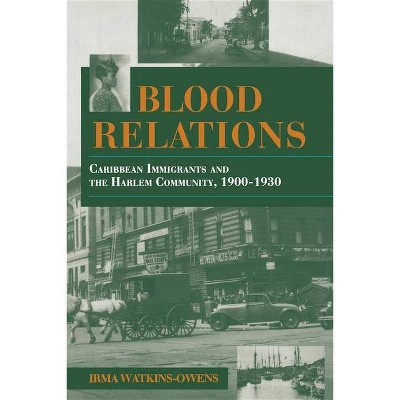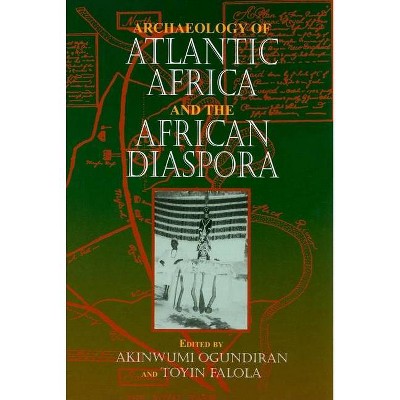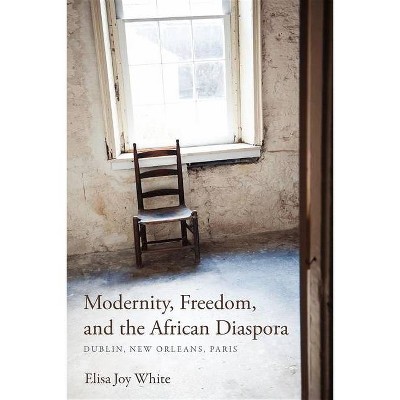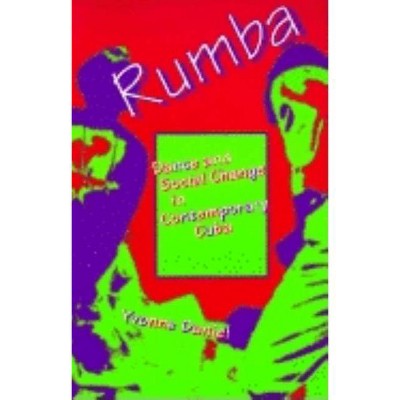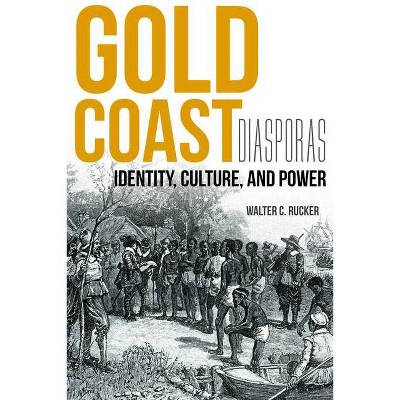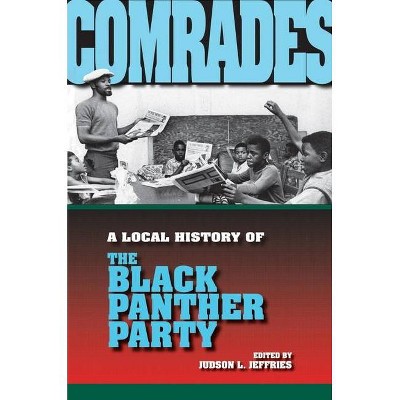That the Blood Stay Pure - (Blacks in the Diaspora) by Arica L Coleman (Hardcover)
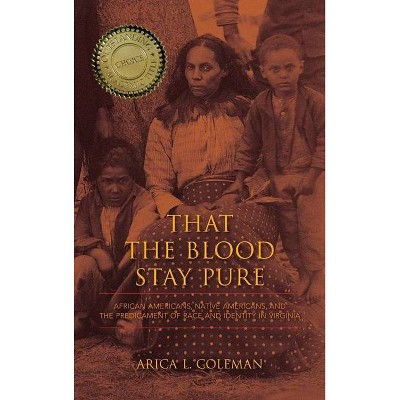
Similar Products
Products of same category from the store
AllProduct info
<p/><br></br><p><b> About the Book </b></p></br></br>This rich interdisciplinary history, which includes contemporary case studies, addresses a neglected aspect of America's long struggle with race and identity.<p/><br></br><p><b> Book Synopsis </b></p></br></br><p><i>That the Blood Stay Pure</i> traces the history and legacy of the commonwealth of Virginia's effort to maintain racial purity and its impact on the relations between African Americans and Native Americans. Arica L. Coleman tells the story of Virginia's racial purity campaign from the perspective of those who were disavowed or expelled from tribal communities due to their affiliation with people of African descent or because their physical attributes linked them to those of African ancestry. Coleman also explores the social consequences of the racial purity ethos for tribal communities that have refused to define Indian identity based on a denial of blackness. This rich interdisciplinary history, which includes contemporary case studies, addresses a neglected aspect of America's long struggle with race and identity. </p><p/><br></br><p><b> Review Quotes </b></p></br></br><br><p>[Arica Coleman has] unraveled the story of how the law created a racial divide that the Civil Rights movement has never eroded. Virginia's miscegenation laws, from the law of hypo-descent to the Racial Integrity Act, are burned into the hearts and culture of Virginians, white, black and Indian.3/18/14</p>-- "New Books in African American Studies"<br><br><p>[T]this tremendous book, wisely honing in on one state, one set of political agendas, and a chronological view of the phenomenon of negotiated ethnicity, is the most thorough treatment of the topic this reviewer has read. A pure joy! . . . Essential.</p>-- "Choice"<br><br><p>Arica L. Coleman traces the political, legal, and ideological efforts of white Virginians to advance rigid definitions of race-defined as a 'racial purity campaign.' Coleman argues that this campaign masked kinship links between black and Native American Virginians, and by considering Native Americans, she challenges the common tendency simply to depict American race relations within a black/white dichotomy. She identifies key developments, especially 1860s blood quantum laws and the 1924 Racial Integrity Act, which defined racial purity as an 'absence of Blackness' and hardened racial identities [and] by taking her analysis into the twentieth century, she demonstrates the state's enduring power to redefine and restrict racial identities. [Her book] challenges historians to consider the continual processes by which both the state and the individual construct (and reconstruct) racial identity.</p>-- "H-SAWH"<br><br><p>Coleman's book certainly contributes to the ongoing debates about the rites and rights of Indianness, as well as the crucial ways of imagining and realizing inclusion, exclusion, and state(s) of belonging in Native American and African American communities. . . [A]ttempts of claiming Indianness and Indian racial (read: blood) authenticity, of disclaiming and stigmatizing blackness, of maintaining and policing 'that the blood stay pure, ' continue today not only in Indian communities/tribes in Virginia but also throughout Indian country.120.3 2015</p>-- "American Historical Review"<br><br><p>Readers across the breadth of Native American studies will appreciate this valuable critical contribution to the field. . . . The continuance of peoples in this region has been a less popular subject than the documentation of their past presence, so Coleman offers a text that bridges that divide, demonstrating the immense importance of the past to the present, and even future, of relations.</p>-- "Native American and Indigenous Studies"<br><br><p>That the Blood Stay Pure is an important book deserving a wide readership.</p>-- "The Journal of American History"<br><br><p>That the Blood Stay Pure represents a bold attempt to re-conceptualize how we think about Native American racial identity in the context of both a four-century history of racism and the modern era of tribal recognition and identity politics.</p>-- "Journal of Interdisciplinary History"<br><p/><br></br><p><b> About the Author </b></p></br></br><p>Arica L. Coleman is Assistant Professor of Black American Studies at the University of Delaware.</p>
Price History
Cheapest price in the interval: 29.49 on October 22, 2021
Most expensive price in the interval: 29.49 on November 8, 2021
Price Archive shows prices from various stores, lets you see history and find the cheapest. There is no actual sale on the website. For all support, inquiry and suggestion messages communication@pricearchive.us
